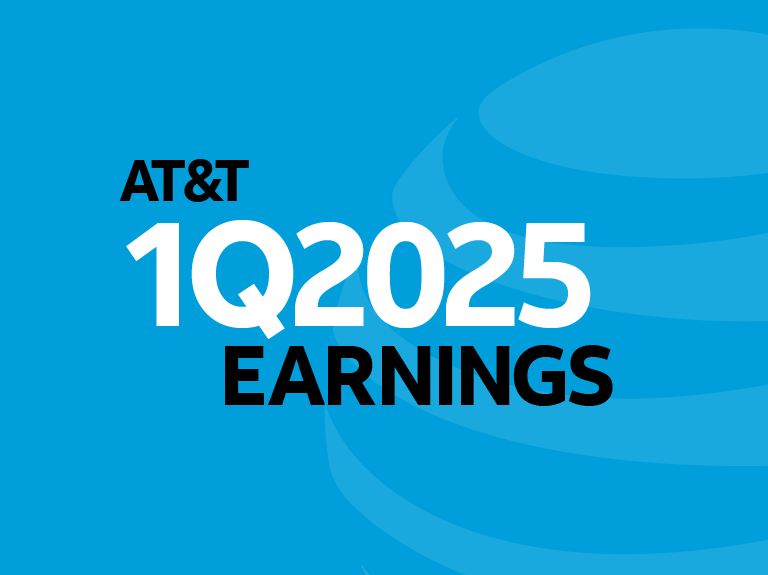AT&T Provides Update to Shareholders at Oppenheimer Conference
John Stephens, chief financial officer of AT&T Inc. (NYSE:T), spoke today at the 22nd Annual Oppenheimer Technology, Internet and Communications Conference in Boston. While there, he discussed AT&T’s recently announced second-quarter results and the company’s plans for the remainder of 2019 and into 2020. AT&T’s detailed second-quarter 2019 results may be found here. Stephens discussed key details around the company’s 2019 priorities:
Wireless growth
The performance of AT&T’s U.S. wireless operations in the first half of the year were strong, and the company expects total wireless service revenue to grow for full-year 2019. The company expects future wireless growth to be driven by postpaid smartphone growth; customer upgrades to unlimited plans; growth in AT&T’s Cricket wireless unit; reduced pressure from reseller; and leadership in 5G.
Stability in Entertainment Group
Another of AT&T’s 2019 priorities is stabilizing EBITDA for its Entertainment Group. Entertainment Group EBITDA grew in both the first and second quarter of 2019. The company continues to expect to achieve its full-year stability target for the Entertainment Group EBITDA.
Beyond 2019, several factors are expected to help sustain Entertainment Group EBITDA, including broadband revenue growth; a higher-quality customer base; benefits from better cost management; advertising growth; the introduction of AT&T TV and reduced pressure from legacy services.
Video trends
AT&T’s premium video subscribers declined in the second quarter due to elevated churn related to the expiration of two-year price locks as well as expected pressure as it focuses on EBITDA stability and attracting subscribers with higher long-term value. In the quarter, customers on two-year price locks declined by about 600,000, leaving about 1 million subscribers on those pricing plans.
The company’s focus on attracting higher-value subscribers reduced gross additions in the second quarter. The company raised its credit standards, reduced promotions and focused on attracting subscribers in areas in which it offers internet speeds of 50 Mbps or higher.
For the remainder of 2019, AT&T expects elevated video churn to continue in part due to customers rolling off two-year price locks and as carriage negotiations with two major content providers continue. The company expects to maintain its focus on improving the quality of its video subscriber base, taking a disciplined approach to promotional activity and retention offers, as it continues to prioritize stabilizing Entertainment Group EBITDA.
New video products
AT&T expects to introduce its AT&T TV, its thin-client broadband TV service, in select markets by the end of the third quarter of 2019, expanding to nationwide availability in early 2020. The service will have lower acquisition costs since it does not require a truck roll to install a satellite dish at subscribers’ homes. The company says AT&T TV will also offer an improved user experience with a modern user interface, great search capabilities and in-app support. AT&T TV will be available over any broadband network and because it doesn’t require line of sight, it will increase the size of the addressable video market beyond satellite.
AT&T will host WarnerMedia Day in Los Angeles on Oct. 29 to discuss its upcoming video streaming service, HBO Max, which the company plans to launch in spring 2020 with approximately 10,000 hours of premium content. The service will offer an extensive content library built around HBO’s premium content; original and exclusive programming; the best of the best from WarnerMedia’s vast portfolio and beloved brands; and high-quality third-party content.


